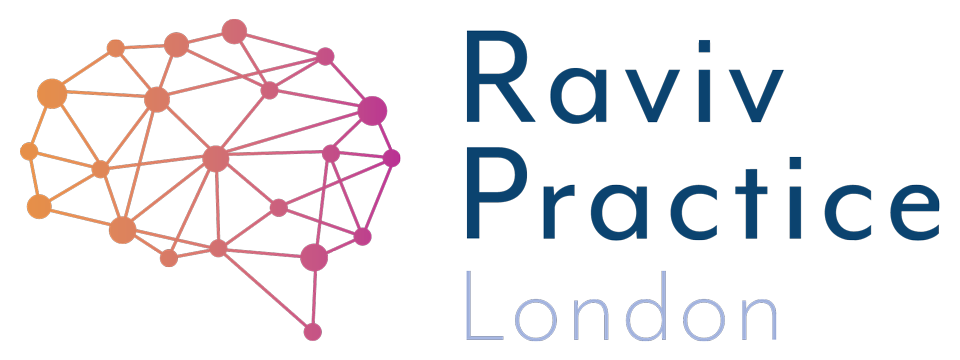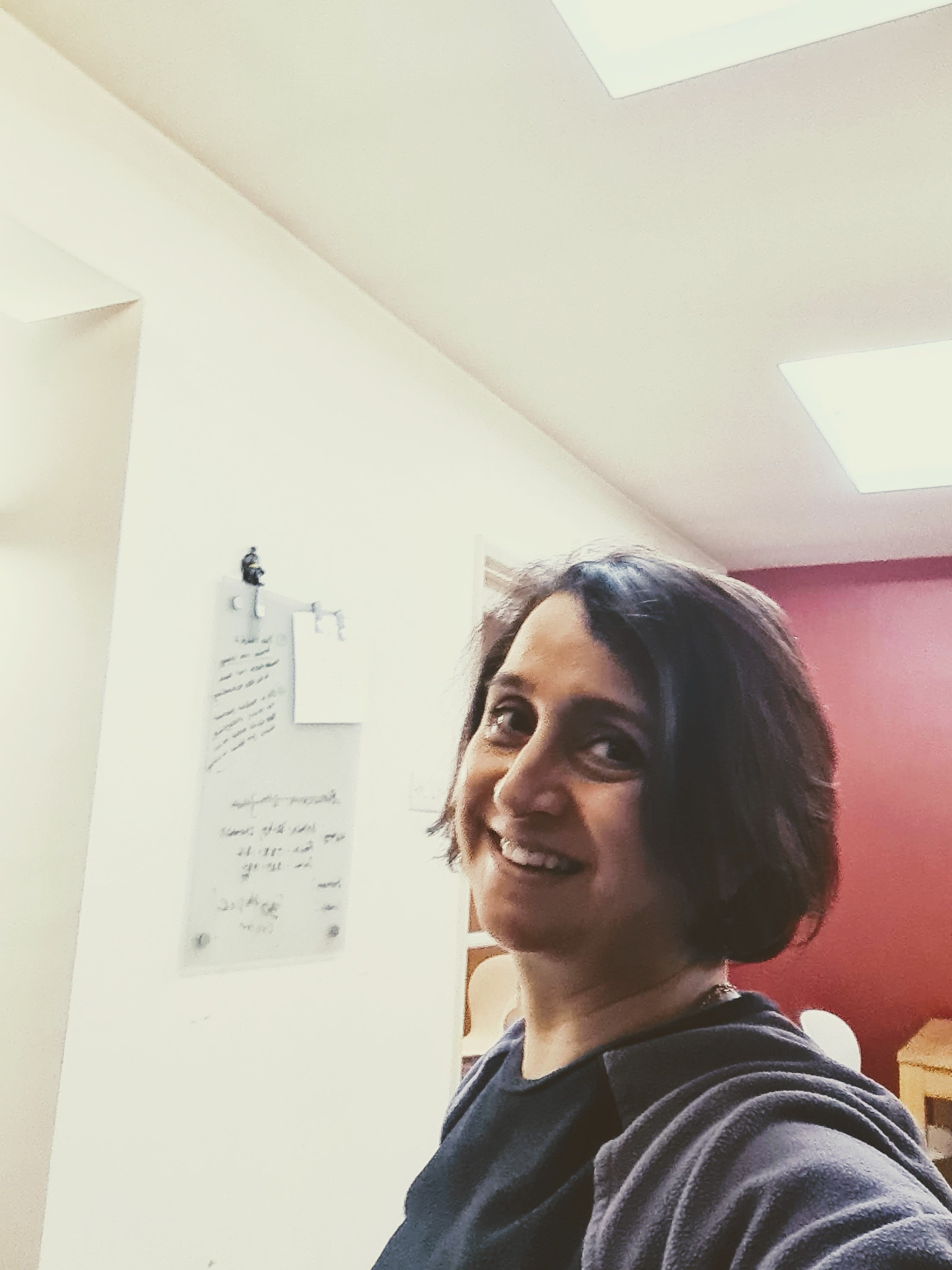When Dyslexia is seen as a disease
In November 2018, I started working with a lady called Christine (not her real name). Christine was a 43-year-old dyslexic woman. Her tale was a very upsetting one but a familiar story for dyslexic, dyspraxia or those with neurodiversity, the world over. She had just come out of an abusive relationship and was rebuilding her life and needed help with working memory and anxiety.
Christine was a mother of two children both in primary school; she was a biochemist by training. It was at university she realised had problems organising herself and getting assignments handed in on time. Until that point, she just carried on as if things were normal. Her passion for science and hard work pulled her through. After her two degrees, she worked for a big pharmaceutical company. Christine enjoyed her job; her colleagues described her as a scatty genius. Her dyslexia was never a significant hindrance apart from detailed data entry, this she struggled with at times. She had habits and routines to help her with her scattiness there was structure.
When she was in her mid-thirties, she met a man who she thought was fantastic person, decided to marry. But this is where her dyslexia unravelled. Her new partner was someone who remembered dates, times, never forgot to charge his phone, was never late and thought her dyslexia was down to her sloppiness. He was going to cure her of her “disease.” When they had their first child she left her job; she could not cope with the demands of a professional job; the travel and looking after a small child it was too much, despite having a degree and masters degree under her belt. She was struggling with the basics in her new role: nappy changing, feeding times, bottle washing - these small tasks were her downfall. No sooner had she got to grips with one system, things would all change. When her first child was almost two, she became pregnant with another; she blamed herself because her pill-taking was not as routine as it needed to be.
“If I could be better at remembering things, I wouldn’t feel like such a failure”
As the chores mounted up, her scattiness got worse. She forgot to buy nappies or ran out of groceries. Her husband perceived every forgotten duty as a mark of a bad mother and someone incompetent. He went further than that and said it was a character flaw. She could not meet the demands of producing family meals and be available for parents evenings. Her timekeeping and time management was so lacking. His routine yelling and abuse was nothing to do with Christine’s dyslexia, he was a nasty person with his hang-ups, but it was traumatising for Christine and her two young boys.
Unable to work and look after her children, she felt stuck. She kept thinking “If I could be better at remembering things, I wouldn’t feel like such a failure”, but her husband compounded the problem with his violent rants. A couple of years back when school broke up for the summer holidays, she packed her things and her children and went to her parents. There she started her process of healing; her parents gave her space, loved her children and allowed her to rebuild her life.
Part of that journey was with Raviv Practice London: starting with finding safety in her own body alleviating her anxiety, addressing many executive functioning weaknesses and improving her working memory. We worked together for just under a year - remote and face-to-face - work of building a better brain more able to remember more when things are out of routine.
Parenting is so tricky for those with weak time management and organisational skills; furthermore, the cognitive abilities go offline, and the thinking brain can not function in a situation of trauma. It has not been a comfortable journey, and lone parenting is challenging at the best of times. We introduced new processes of habit change and methods for parents such as The Organised Mum Method. This helped Christine with consistently keeping a tidy home, food in the fridge and clean clothes with weekends free for other activities.
If you are an adult with anxiety or working memory problems please contact us and we can help provide solutions to help you be your most organised self.
Dyslexia? Dyspraxia? ADHD? ASD? Speech & Language? Developmental Delay? Anxiety?
Is every school day a struggle? As a parent, you may feel exhausted and on this journey alone. Each year you see the gap getting wider. You need to do something - change the approach, help your child learn for themselves, find a way to turn this around - to help while you can - do this NOW. the first step is free.
About the Author
Usha Patel is a Neurocognitive Therapist and Director at Raviv Practice London. Parents searching to help their suspected/neurodiverse child can get evidence-based solutions with results in as little as 8 weeks. Those in search of jargon-free help can get started straight away.

